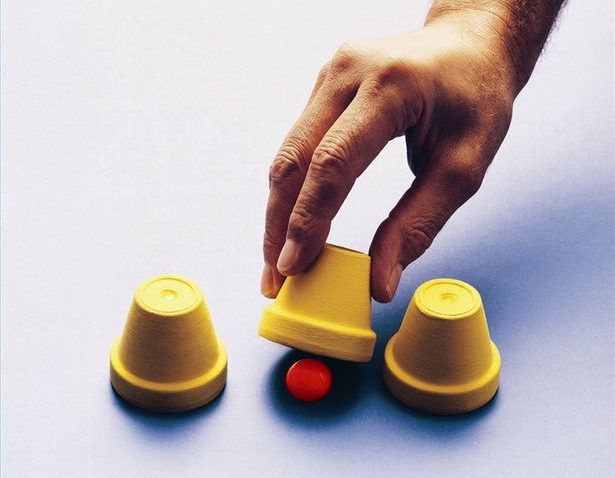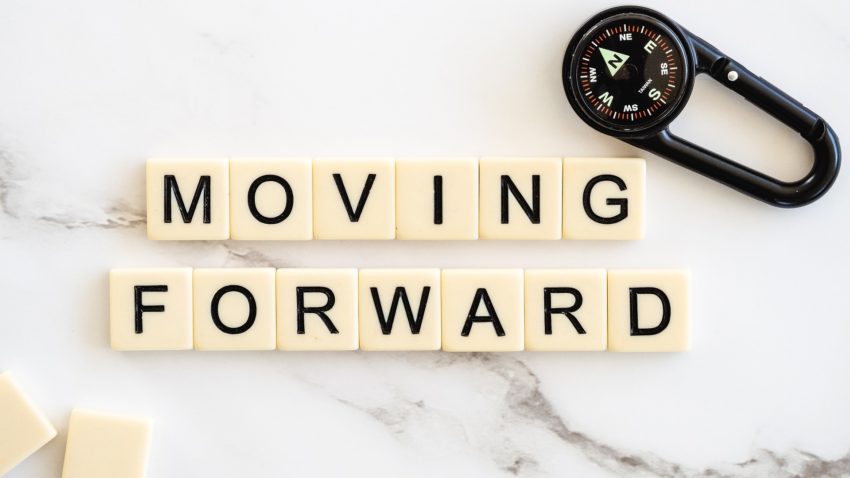
The best governments can do to help pull us out of an economic crisis is create conditions favorable for economic recovery. It takes entrepreneurs to actually do the work that can get the economy growing and take us to “the other side.” When looking back, this has been true for every economic recovery since the Industrial Revolution.
Entrepreneurs are already beginning to do what they do best: find opportunity in the chaos. Financial author John Mauldin goes so far as to say that right now “the greatest entrepreneurial and technological boom in the history of humanity is brewing.”
To see where entrepreneurs will be leading us, it is best to examine things industry by industry. Given our home is in Nashville, there is no better place to start than the music industry.
From Performance to Product
Historically, the music industry has been resilient. Facing numerous disruptions over the past century, the music industry has adapted to every fundamental change in its business model.
The technological disruptions from Edison’s invention of the phonograph and Marconi’s (or was it Tesla’s) invention of radio brought music directly into people’s homes. Music evolved from only being experienced through live performance, to a product to be “consumed.”
As usually happens after entrepreneurs creatively destroy what was, the industry consolidated around the new business model that emerged. The large companies that emerged became very efficient at making money from the production and distribution of music as a product. Musicians made money by working for these companies.
From Product to Digits
The next disruption of the music industry came from the Internet.
The digital age took away the value of music as a physical product. We no longer had to purchase an album or a CD to consume music. Music could now be streamed directly to us via the Internet.
Over the next two decades, new business models evolved for music. Tech companies replaced music labels as the dominant players in the industry.
When music was a product, singers and songwriters made money by getting a small piece of the revenues generated by the music they wrote and performed. But as music was no longer a physical product, the share of revenues available for the artists from the digital distribution shrank to almost nothing.
Singers and songwriters had to adapt. To earn a living required that they develop a new relationship with their fans. They had to tour more and develop alternate revenue streams, such as merchandise for their fans, to make a living.
However, just as a new equilibrium in the industry was settling into place, along came the coronavirus! Live performance of music ended abruptly, and artists are now struggling to find a new way to make money.
From Artist to Entrepreneur
Yesterday, our family gave a musical gift to Mrs. C. for Mother’s Day that would not have been available a few months ago. City Winery and a group of their regular artists got together and offered a personalized video of a mini-set to give as a Mother’s Day gift. The video was waiting for Mrs. C. in her email inbox yesterday morning. Mark Broussard, one of our favorite artists, opened with a personalized message to “Yammy” (her grandma name) and he then performed the four songs that he wrote for each of his four children.
Artists and others in the music industry with an entrepreneurial spirit are starting to innovate and experiment with new business models. Private Zoom concerts. Live streaming.
What we are seeing so far is that people want to keep the personal connection with their favorite artists. This is the value proposition that artists tapped into over the past decade through live performances and social media. But with the outbreak of the coronavirus, it will be a long time before we are comfortable sitting shoulder to shoulder at a concert with our fellow fans.
So what comes next? That story is just starting to unfold. The funny thing about markets is that they often surprise us. The odds are that anyone who says they know what will be next for the music industry will probably be wrong.
But, there will be a next act for musicians. Whatever comes next will be a result of musicians and others in the industry stepping forward as entrepreneurs.
A dear old friend once described entrepreneurship as being a lot like sausage making. We love the finished product, but we really don’t want to see it getting made.
The process of innovation and entrepreneurship is messy, confusing, and frantic. But when it’s done, the outcome is quite satisfying!






 For a growing number of other families and for many adult learners, online education offers an alternative that provides a different bundle of features that meet what they want from a university education.
For a growing number of other families and for many adult learners, online education offers an alternative that provides a different bundle of features that meet what they want from a university education.